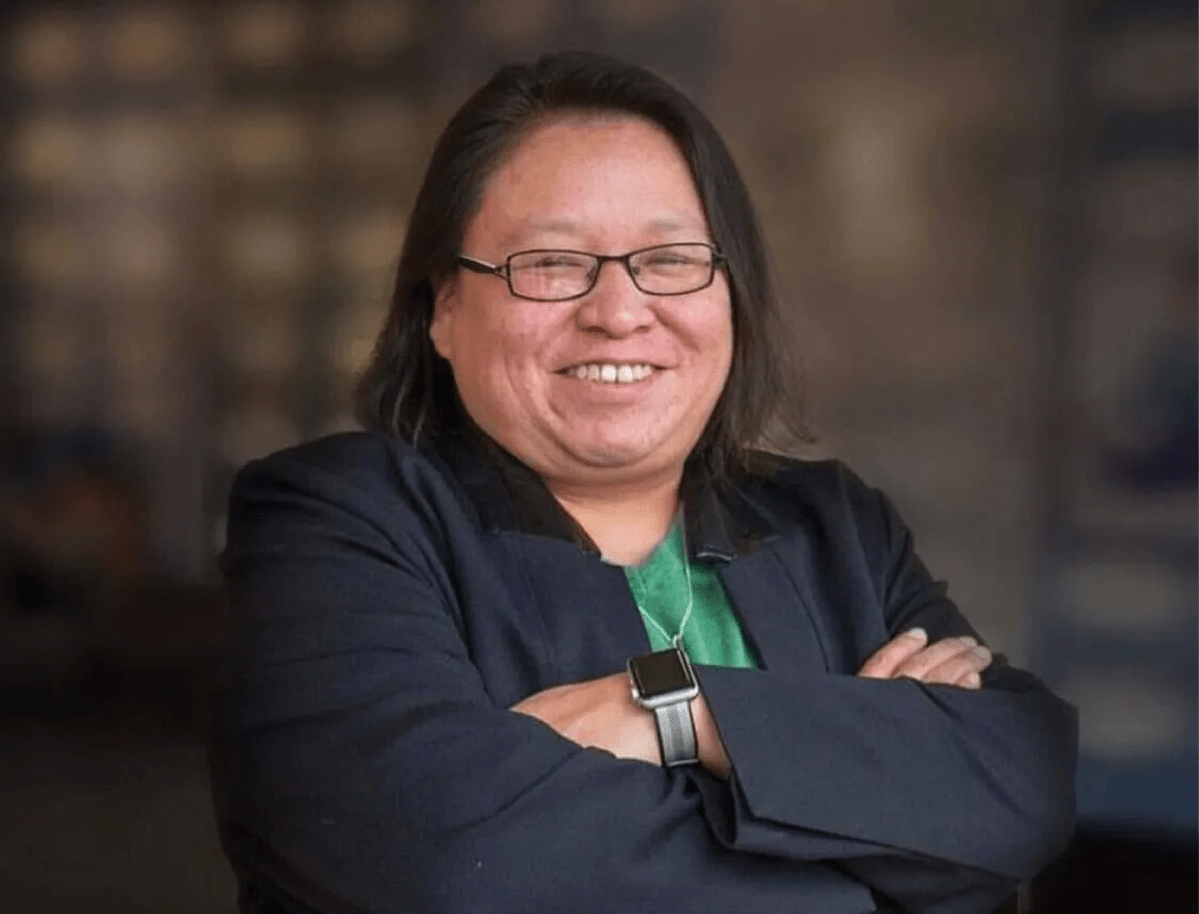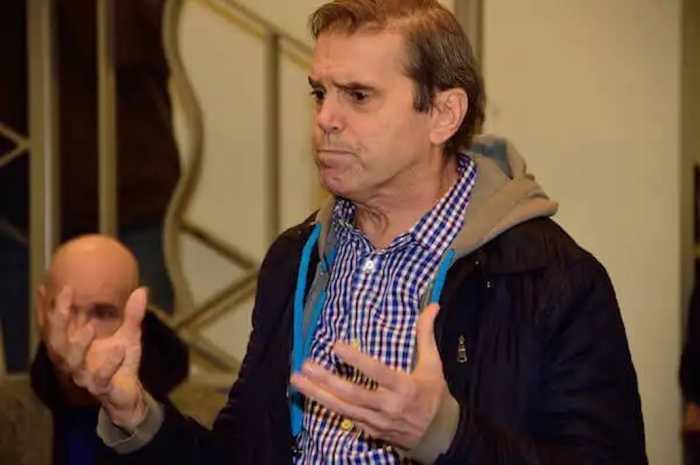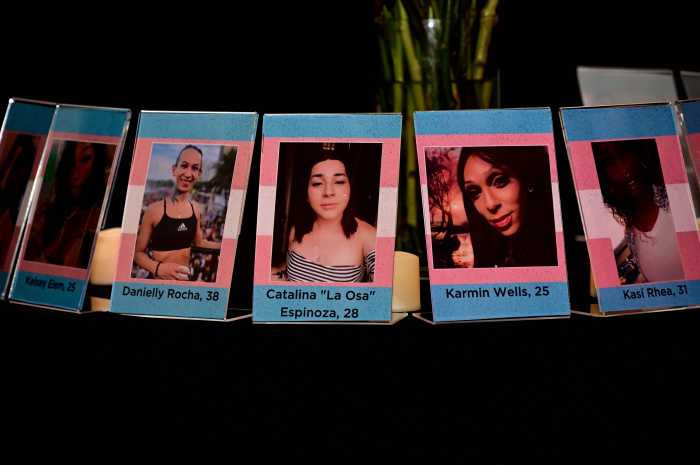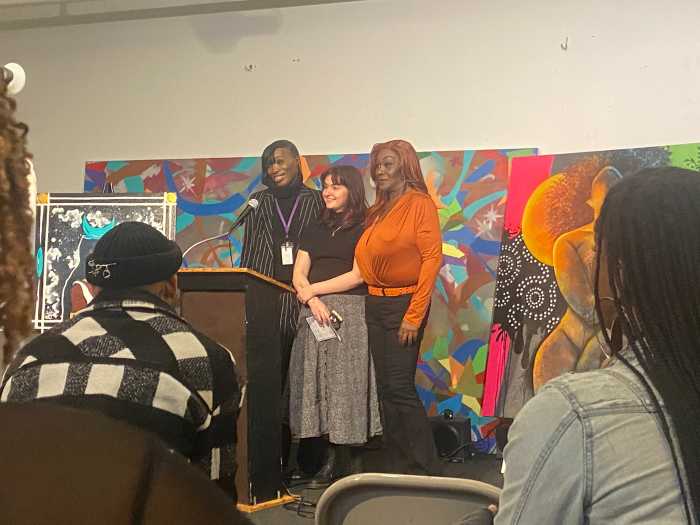Coya Hope White Hat-Artichoker, a longtime crusader for Indigenous reproductive rights and Two Spirit inclusion and visibility, died last month following a valiant fight to regain her health. According to an obituary published on Tribute Archive, she was 49.
Championed by devoted loved ones and supporters, White Hat-Artichoker is remembered for the pivotal roles she played in LGBTQ2S+ organizing. Born on May 23, 1975, she was a founding member of the First Nations Two Spirit Collective, an action group dedicated to amplifying the voices of Two Spirit (or, queer Indigenous) people within the national dialogue on queer rights. Similarly, as a member of the advisory committee of the Host Home Program, she worked on securing safe homes for youth in need or at risk.
White Hat-Artichoker’s advocacy work extended into mainstream industries. Most recently, she served as community health and health equity program manager at the Center for Prevention at Blue Cross Blue Shield, coordinating community funding across three healthcare initiatives. She also served on the boards of a number of influential social justice organizations and cultural institutions, including the American Indian OIC (Opportunities Industrialization Center), PFund, SisterSong, and the American LGBTQ+ Museum.
“Coya brought a lifetime of community organizing to the effort to build our museum of queer history,” said American LGBTQ+ Museum board chairperson Richard Burns. “We’ll miss her kindness and clear vision and will honor her always.”
On Monday, Dec. 9, Aimée R. Thorne-Thomsen, co-president of the board of the organization, Collective Power for Reproductive Justice, wrote on a GoFundMe page she’d set up to aid White Hat-Artichoker in her battle (which had exceeded its $25,000 goal by over $1,000), “We are deeply sad to share the news that Coya has passed away. She was hopeful about her future, and had recently received good news from her medical team. Unfortunately, her body couldn’t carry on, and she transitioned on November 17th. Her family brought her back to home to the Rosebud Reservation in South Dakota where they laid her to rest.”
White Hat-Artichoker was a proud enrolled member of the Rosebud Sioux Tribe. She was early to activism, getting involved in community-organizing and national movements from the age of 15.
Yet, despite her fortitude in challenging systemic inequalities, she was burdened by the persistence of alcoholism. In May of this year, after decades of excessive drinking, the tolls of which she could no longer conceal from those surrounding her, White Hat-Artichoker found herself, in her own written words, “very lovingly and daringly asked about my health and alcohol use by a group of indigenous women I deeply respect. I was surprised, but knew they were sharing a genuine concern and an offer for help.”
The activist took action — this time on her own behalf. She admitted herself to an alcohol-treatment program. She successfully completed detox. But, doctors found worrying indicators in her blood tests.
“It was determined that I had hepatic liver cirrhosis,” she wrote.
The condition claimed her life three months later.
In her youth, White Hat-Artichoker was involved with the OUT Fund for Gay and Lesbian Liberation, the LGBTQ youth organization District 202 in Minneapolis, and the National Youth Advocacy Coalition as a leader in the queer youth movement. These involvements springboarded her to national visibility.
She was named to The Advocate magazine’s “40 under 40 LGBT Leaders in the United States” list for 2010, appeared in the 1999 documentary, “After Stonewall,” and invited to contribute her writings to publications such as The Huffington Post and trailblazing LGBTQ+ blog, Bilerico Project. A piece of hers is in the gripping 2007 volume of essays, “Sharing Our Stories of Survival: Native Women Surviving Violence.”
Listen here to Coya Hope White White Hat-Artichoker discussing the mission of the First Nations Two Spirit Collective in 2011, whose ongoing work is one her legacies.
Nicholas Boston, Ph.D., is a professor of media sociology at the City University of New York-Lehman College





































